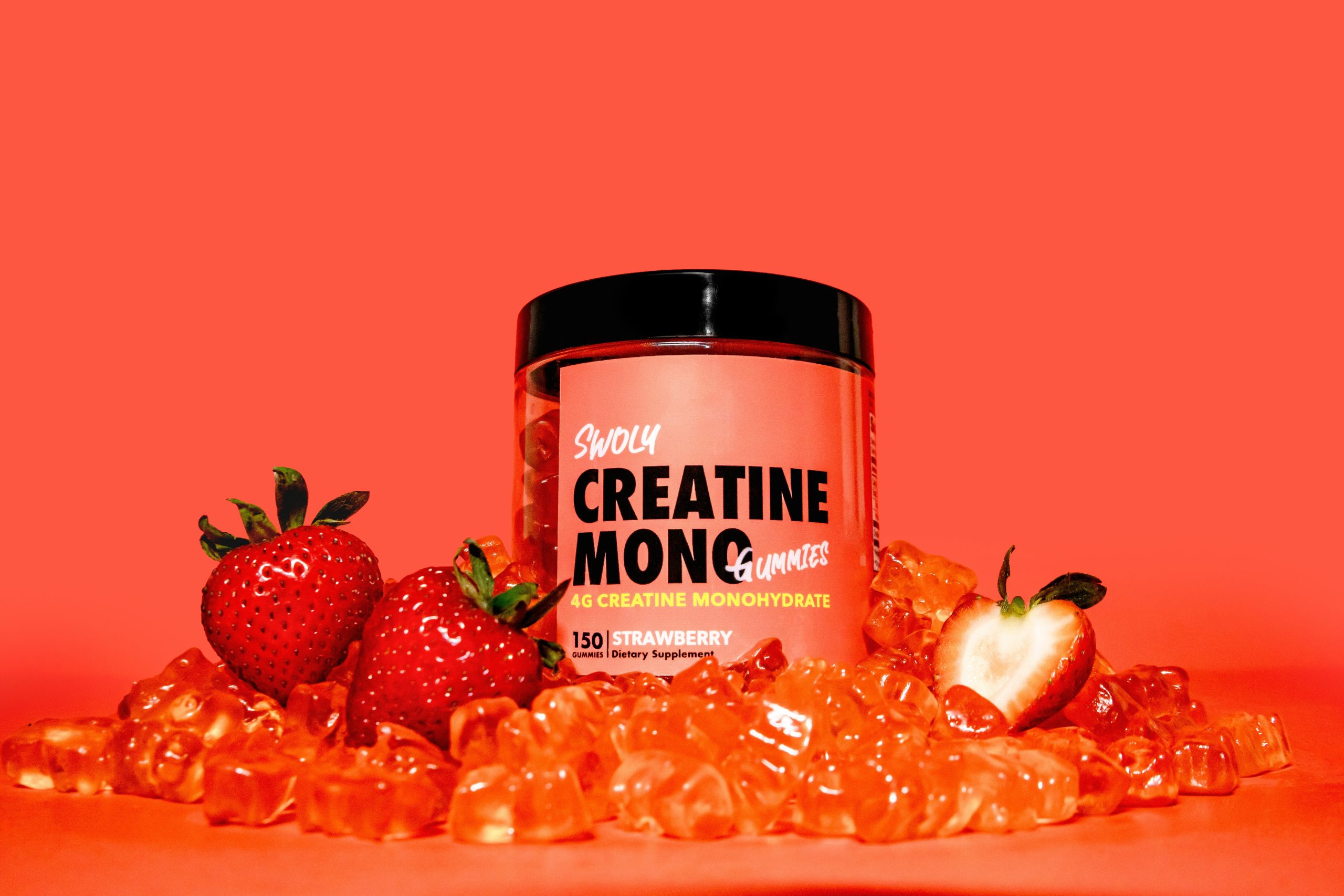Healthy Nutritional Supplements: Nutritional Assistants for Modern Life
With the rapid development of modern society, people’s lifestyles and dietary habits have undergone tremendous changes. Irregular sleep patterns, the prevalence of fast food culture, and dependence on high calorie, low nutrient foods have led many people to face the problem of malnutrition. It is in this context that healthy nutritional supplements have gradually become a hot topic of concern. It is not only an important supplement to daily diet, but also an effective tool for modern people to pursue a healthy life.
What is a healthy nutritional supplement?
Healthy nutritional supplements refer to nutritional products extracted or synthesized through scientific methods, used to supplement nutrients that may be lacking in daily diet. These products typically include vitamins, minerals, proteins, dietary fiber, amino acids, and plant extracts. They are provided in capsule, tablet, powder or liquid form, making it convenient for different populations to choose according to their needs.
The role of health and nutritional supplements
Make up for dietary deficiencies
In busy modern life, many people cannot guarantee sufficient intake of vegetables, fruits, and whole grains every day, resulting in insufficient intake of vitamins and minerals. For example, vitamin D is abundant in fish and dairy products, but for people with insufficient sunlight or sensitivity to dairy products, obtaining vitamin D through supplements is a convenient choice.
Support special needs
Specific populations have more specific nutritional needs, such as children who require more calcium and vitamin D to support bone development, pregnant women who need folic acid to prevent fetal neural tube defects, and elderly people who may need to supplement with vitamin B12 and Omega-3 fatty acids to maintain health.
Strengthen immunity
During the season of viral transmission and high incidence of diseases, supplements such as vitamin C and zinc are sought after for their role in supporting immune system function. By supplementing these trace elements, the body can better resist external pathogens.
Enhance athletic performance
Fitness enthusiasts and athletes typically require more protein and amino acids to support muscle recovery and growth. Protein powder, branched chain amino acids (BCAAs) and other sports supplements have become important choices for fitness enthusiasts.
How to choose healthy nutritional supplements?
Among numerous nutritional supplement products, how to choose the one that suits oneself is a challenge faced by many people. Here are some suggestions:
Choose according to your needs
Firstly, clarify your nutritional needs, such as a lack of certain vitamins, the need to enhance immunity, or improve bone health, and then choose the corresponding supplements. Do not blindly follow the trend when making purchases.
Pay attention to product quality
Choose reputable brands and products certified by authoritative institutions to ensure safety and effectiveness. Check the product label to understand its ingredients and content, and avoid choosing products with excessive additives or high doses.
Consulting professionals
Before taking supplements, it is recommended to consult a doctor or nutritionist, especially for those with chronic diseases or taking medication, to ensure that the supplements do not have adverse reactions with the medication.
Moderate supplementation
More nutritional supplements are not necessarily better. Excessive intake of certain nutrients may cause health problems, such as excessive intake of vitamin A leading to poisoning and excessive calcium increasing the risk of kidney stones.
Common health and nutritional supplements
Comprehensive vitamins: Provides a variety of basic vitamins and minerals, suitable for most people’s daily supplementation.
Omega-3 fatty acids: support cardiovascular and cerebrovascular health, commonly found in fish oil and flaxseed oil.
Probiotics: promote intestinal health, improve digestion and immune function.
Calcium and vitamin D: enhance bone health and prevent osteoporosis.
Protein powder: provides a high-quality source of protein for fitness enthusiasts, supporting muscle growth and recovery.
Limitations of Health Nutritional Supplements
Although nutritional supplements can provide support for health, they cannot replace a balanced diet. Food contains not only single nutrients, but also other beneficial components for health, such as dietary fiber and phytochemicals. In addition, relying on supplements may mask the problem of an unreasonable dietary structure.
epilogue
Healthy nutritional supplements provide a convenient solution for modern people to compensate for nutritional deficiencies in their daily diet. However, choosing and using supplements requires a scientific attitude and careful judgment. The best health strategy is still a reasonable diet and healthy lifestyle habits. On this basis, choosing appropriate nutritional supplements according to one’s own needs is essential to truly achieve the goal of a healthy lifestyle.

